Department of Premier and Cabinet rules reveal taxpayer-funded foreign deals must not ‘adversely’ hit Australia’s interests amid rising overseas tensions
The state government has published the rules for the first time, covering everything from selling ports to funding sister-city deals.
SA News
Don't miss out on the headlines from SA News. Followed categories will be added to My News.
Foreign nations that do business with South Australian taxpayers must not “adversely affect” national security or finances, amid rising international tensions with countries such as China, official advice warns.
State government rules published for the first time lay bare strict measures on public servants needed to secure formal approval of any potential international arrangements.
The highest levels of Australia’s government will scrutinise all deals involving SA departments, agencies, councils or universities.
This may include investments in state infrastructure, such as ports, roads or electricity; university exchanges; or sister-city initiative funding.

Department of the Premier and Cabinet documents advise how bureaucrats can “fulfil their obligations” in guidance authorities also believe sends a clear message to those seeking business with governments.
The “official” papers provide rare insight into sensitive diplomatic decisions as authorities battle rising foreign interference, especially from China, international tensions and controversial deals sought interstate.
Under federal law, deals must not “adversely affect” or be “inconsistent” with Australian foreign policy or relations.
Pacts, which are published on a special register, must also not “curtail or interfere” with national interests, should not impede the public’s ability to buy goods or services, and avoid “impairing” SA government operations.
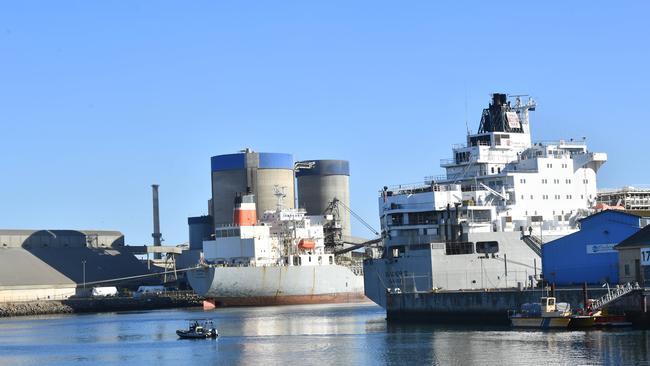
Foreign entities include any national government, department or agency, provinces, states, self-governing territories, regions, councils, municipalities or other political subdivisions and universities with no institutional autonomy.
The foreign minister must first permit negotiations and then decide to approve or block deals after advice from DPC’s diplomatic relations and protocol teams.
Deals with commercial operations, including wholly or partly state-owned corporations, are exempt.
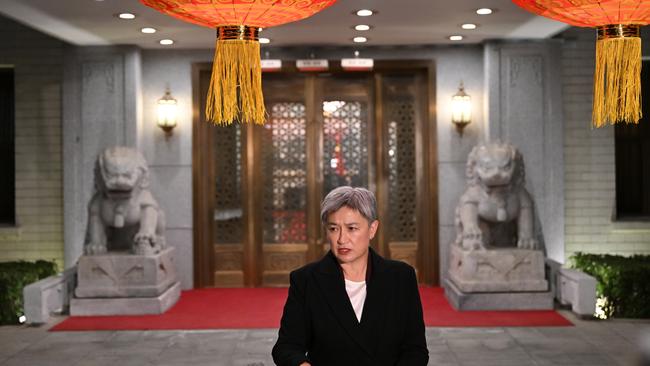
Commonwealth Foreign Arrangement Scheme documents show “matters” that will be considered include:
THE importance in assisting or enhancing SA’s operations;
IF a declaration would “impair the continued existence of SA as an independent entity”;
WHETHER a deal would “significantly curtail or interfere” with the capacity of SA government functions;
ANY significant financial consequences;
HOW South Australians would acquire goods or services, such as for purposes of infrastructure; and,
WHAT barriers would stop existing projects.
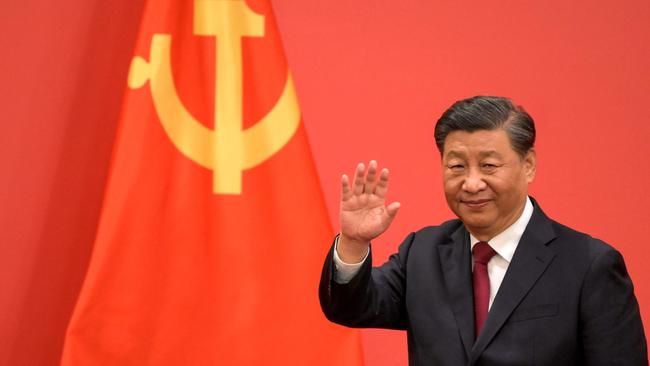
Since December 2020, when the scheme first came into force, more than 7500 deals have been approved including 81 SA-based arrangements.
These include an exchange of driver’s licences with Canada, Chinese vocational training, Australasian emergency services assistance rules, US health research data sharing, and university student exchange measures with various Asian countries.
A spokesman for Premier Peter Malinauskas said the guidelines and other relevant paperwork had been circulated to all agencies and published online.
“Previously it had been published internal to government, however recently it was published externally to ensure a greater level of transparency,” he said.
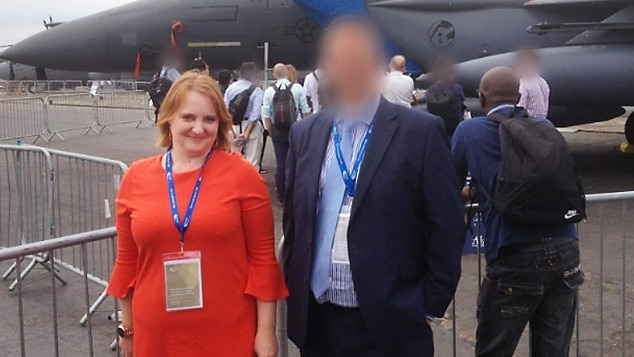
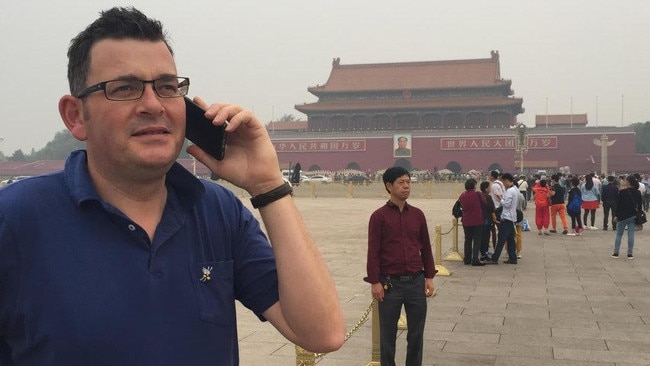
Controversial interstate deals with foreign entities have included the $506m Port of Darwin sale to Chinese company Landbridge – which also involved talks about Adelaide’s – and a Victorian Belt and Road agreement that signed Labor Premier Daniel Andrews’ government into Beijing’s $1.5 trillion global infrastructure initiative before being vetoed.
Australian intelligence chiefs have also raised concerns about a Marion Council worker who is accused of spying.
A Department of Foreign Affairs and Trade spokesman said all governments must comply with the scheme.
“(DFAT) welcomes state and territory governments developing their own processes and guidance material to ensure they meet their legal obligations under the scheme,” he said.
Originally published as Department of Premier and Cabinet rules reveal taxpayer-funded foreign deals must not ‘adversely’ hit Australia’s interests amid rising overseas tensions





